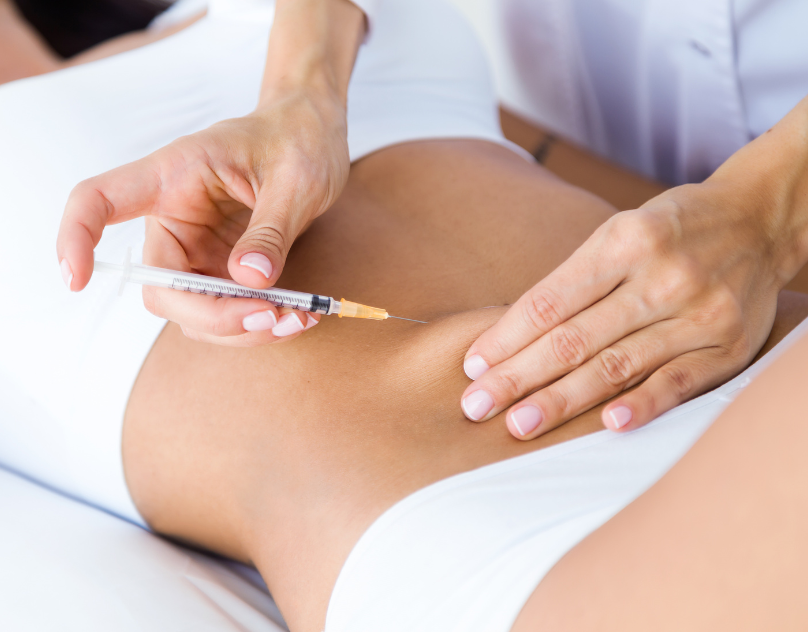
Your body is remarkably good at fixing everyday wear and tear. After hard training, busy days, or minor strains, cells kick off a coordinated response: growth factors are released, new blood vessels form, and collagen is remodeled to keep tissues strong and mobile.
As we get older or when stress stacks up those built-in signals can slow. Research points to the importance of clear cellular “communication”; when those messages get fuzzy, recovery can feel slower and less efficient.
What Are Peptides?
Peptides are short chains of amino acids the same building blocks that form proteins. Think of them as gentle messengers that nudge cells to carry out normal functions like repair, metabolism, and immune balance. Growing evidence suggests targeted peptides may help support:
-
Formation of healthy new tissue and flexibility
-
A balanced inflammatory response during recovery
-
Blood flow and nutrient delivery
-
Collagen production in skin, muscles, and tendons
Rather than overriding the body, peptides aim to assist natural processes—helping your system do what it’s already designed to do. For a deeper dive, explore peptides for healing.
What the Research Indicates
Early clinical and preclinical studies are investigating how specific peptides interact with repair pathways:
-
Certain bioactive peptides have been associated with angiogenesis (new blood vessel formation), which supports oxygen and nutrient delivery to tissue.
-
Reviews have discussed peptide compounds that may support collagen synthesis and connective-tissue regeneration.
-
Additional data suggest roles in managing oxidative stress and maintaining an even inflammatory response.
These findings don’t mean peptides “cure” or “heal” conditions. They suggest peptides may support the body’s normal communication systems involved in recovery.
Peptide Therapy in a Clinical Setting
Peptide therapy refers to the clinician-guided use of targeted peptides. At Nuri Clinic, protocols are:
-
Personalized and supervised by medical professionals
-
Compounded by U.S.-licensed pharmacies and shipped cold to maintain potency
-
Conducted under IRB research frameworks for quality assurance
This is not guess-and-check supplementation—it’s a structured, safety-first approach designed to support recovery, performance, and overall wellness.
Peptides vs. Steroids: Not the Same Thing
Peptides are not steroids. They don’t aim to alter hormones; they support the body’s existing signaling pathways.
Spotlight on BPC-157 (“Body Protection Compound”)
BPC-157, originally derived from a naturally occurring gastric protein, has drawn scientific interest for its potential to:
-
Support new blood vessel formation (angiogenesis)
-
Encourage collagen production for tissue strength
-
Help maintain a balanced inflammatory response
-
Promote cellular resilience under stress
The big idea: BPC-157 may assist the body’s natural recovery cycle rather than forcing unnatural changes.
Women’s Wellness & Recovery
Under clinician supervision, many women report benefits such as comfortable post-workout recovery, maintained flexibility, and general support for gut and tissue wellness. BPC-157 is not hormone therapy; it’s intended to help the body regulate its own signaling.
A Safer, Guided Path
Nuri Clinic’s goal is to help your natural systems work more effectively. Every step—from evaluation to delivery—is evidence-informed and clinician-led.
Important: Peptides discussed here are not FDA-approved. Results vary. Always consult a licensed clinician before beginning any therapy.
Ready to learn more or see if you’re a candidate? Start with a short qualification form or book a clinician consultation to discuss whether BPC-157 or other peptides are appropriate for your goals.
